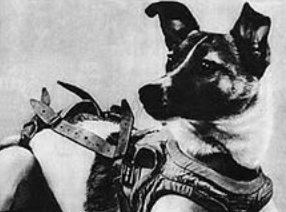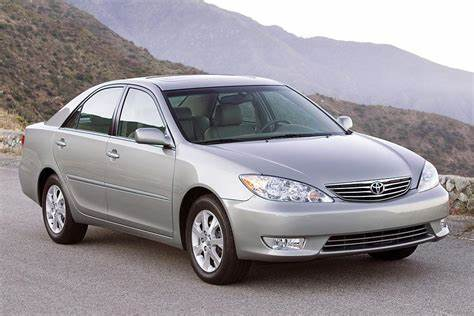The First Cosmonaut
Laika, humanity’s first step towards cementing our legacy amongst the cosmos.
On the 3rd of November 1957, the Russian satellite dubbed ‘Sputnik’ took off into space with a single passenger: a dog named Laika. Laika came from humble beginnings, being found on the streets. Laika was found by Adilya Kotovskaya, who worked for the Soviet-equivalent of NASA: RASA (Russian Aviation and Space Agency). Laika met all the criteria for the endeavor: docile, resourceful, small – the perfect dog. As Laika was trained more and more for the endeavor, those who took care of grew evermore close to her, especially the one who found her, Adilya Kotovskaya. 90-year-old Adilya can recall her days in the Soviet Union and, in this case, specifically remembers the night before the launch of the Sputnik satellite being very emotional because everyone in the program was well-aware that Laika was not going to make it home alive. “I asked her to forgive us and I even cried as I stroked her for the last time,” she says in the “Quartz Media” article. Laika wouldn’t have been able to survive the trip even if everything had gone absolutely perfect, but that was a sacrifice the Soviets were willing to make to ensure the safety of their cosmonauts (Russian astronauts).

Laika, humanity’s first step towards cementing our legacy amongst the cosmos – something so noble as achieving our destiny of walking in the light of other stars cannot be attained without some measure of sacrifice. Laika serves as a testament of our legacy, her being the first cosmonaut and the foundation of space-travel – in the same way, space-travel can be the foundation of human beings lasting long beyond the life of our Earth, on the planets of distant stars.
60 years ago, on the 3rd of November 1957, Laika, a Russian dog, was sacrificed in the pursuit of space-travel, and she is thanked.
“Since, in the long run, every planetary civilization will be endangered by impacts from space, every surviving civilization is obliged to become spacefaring–not because of exploratory or romantic zeal, but for the most practical reason imaginable: staying alive… If our long-term survival is at stake, we have a basic responsibility to our species to venture to other worlds.” –Carl Sagan
























